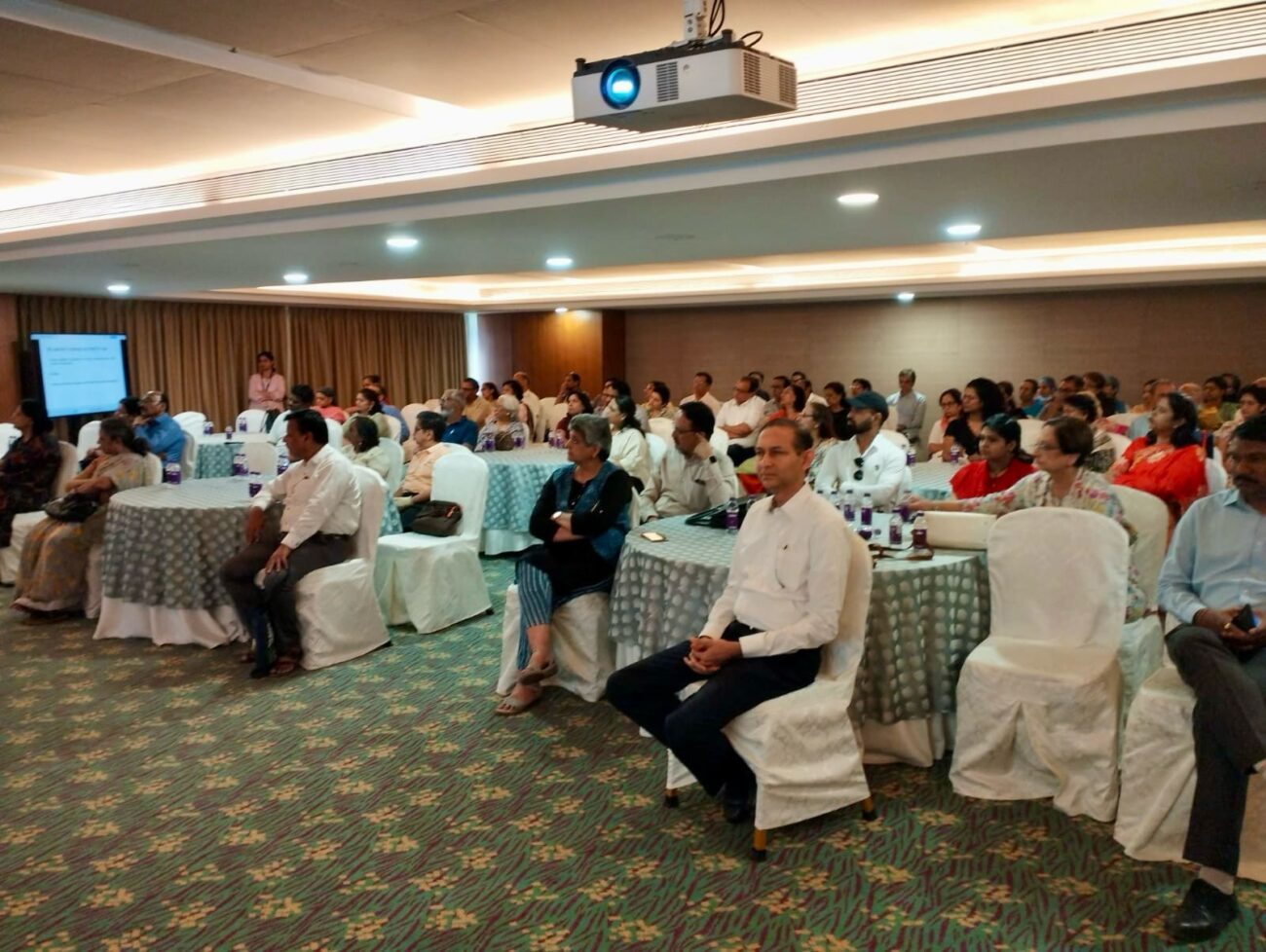How home healthcare industry is set to transform the Indian healthcare industry
Dr Gaurav Thukral Executive Vice President and Chief Operating Officer (Acute and Pharma Services), Health Care at Home India Pvt. Ltd Health has always been a critical issue for the developing nations and India is no exception.
Dr Gaurav Thukral
Executive Vice President and Chief Operating Officer (Acute and Pharma Services), Health Care at Home India Pvt. Ltd
Health has always been a critical issue for the developing nations and India is no exception. As a matter of fact, it is not easy to fulfil the daily health requirements of 1.32 billion people. Various government initiatives and programs have improved India’s statistics in life expectancy at birth and communicable disease. However, the burden of non-communicable disease is on the rise. According to the World Health Organization, in India, almost 61% of deaths are caused by non-communicable diseases. * Shortage of qualified doctors and hospital beds has worsened the problem.
Home healthcare is an extension of the hospital care with the potential to share the burden of healthcare infrastructure. In a nation where 23% of people die prematurely due to non-communicable diseases*, home healthcare is the need of the hour to strengthen the healthcare system. Non-communicable diseases (cancer, diabetes, cardiovascular disease, and stroke) often require prolonged care. People with these diseases spend a lot of time in hospital care that puts the enormous monetary burden and also makes them vulnerable to the hospital-acquired infections. In addition, it also puts an extra burden on family members as there must be one attendant with the patient all the time. Home healthcare provides the option of cost-effective treatment in the comfort of home. Studies have proved time and again that patients recover faster at home. Home healthcare also ensures that working members of the family can attend their offices without worrying about the patient.
One may have a misconception that home healthcare is going to be a costly affair as everything is being home delivered, however, it is not so. Home healthcare has both monetary and psychological benefits. The cost of home healthcare is 25% to 50% cheaper than a hospital stay depending on the services taken. It also saves the patient from the extra medical expenditures associated with a hospital stay. Psychologically, it is satisfying for the patient and the family because of non-dependency. It eliminates the feeling of a burden on the family in patients who require prolonged care.
The average cost of staying in the hospital has an inverse relation with the duration of the stay. Longer a patient stays in hospital lower is the Average Revenue per Occupied Bed. Home healthcare helps hospitals to admit new patients and improve their Average Revenue per Occupied Bed by pulling the patients with long-term healthcare needs out of the hospitals, thus shares a symbiotic relationship with the hospitals.
Despite being in the budding phase, home healthcare has shown a tremendous growth during recent years. It has been estimated that the market for home healthcare in India will double within a year. The advancement of technologies and organized players have made it possible to deliver up to 70% of hospital services at home in a cost-effective manner. It won’t be wrong to say that home healthcare will lead to a new era of care in the Indian healthcare system. The home healthcare facilities will transform the way people think about the medical procedures and care.
Despite its growth, home healthcare has remained an unorganized sector due to lack of standardization and regulations. In the past, there were few startups that provided the home healthcare services. As healthcare players realized the potential of home healthcare, more players kept on joining. To help the patients choosing the home healthcare from credible players, Quality and Accreditation Institute of India (QAI) has already introduced standardization in the home healthcare industry. The standardization and regulations are the much needed encouragement to the insurance sector to include home healthcare as a standard benefit.
The new Ayushman Bharat Health scheme is the government’s initiative to deliver the secondary and tertiary treatment to the underprivileged. It is expected to benefit approximately 10 crore families with ₹ 5 lakh cover per family per year. The scheme will definitely benefit the needy; however, it will also increase the burden on the already inadequate healthcare infrastructure. The burden will be huge on a particular set of infrastructure as the benefits of the scheme will only be available through the public sector and empanelled private hospitals. Including home healthcare under the ambit of the scheme can help in delivering the benefits to the targeted population in an efficient way.
We are standing on the verge of a huge leap in the healthcare industry in India and home healthcare is the basic unit of that leap. Introduction of standards and regulations will ensure that the leap is smooth and we achieve the global standards in near future.





